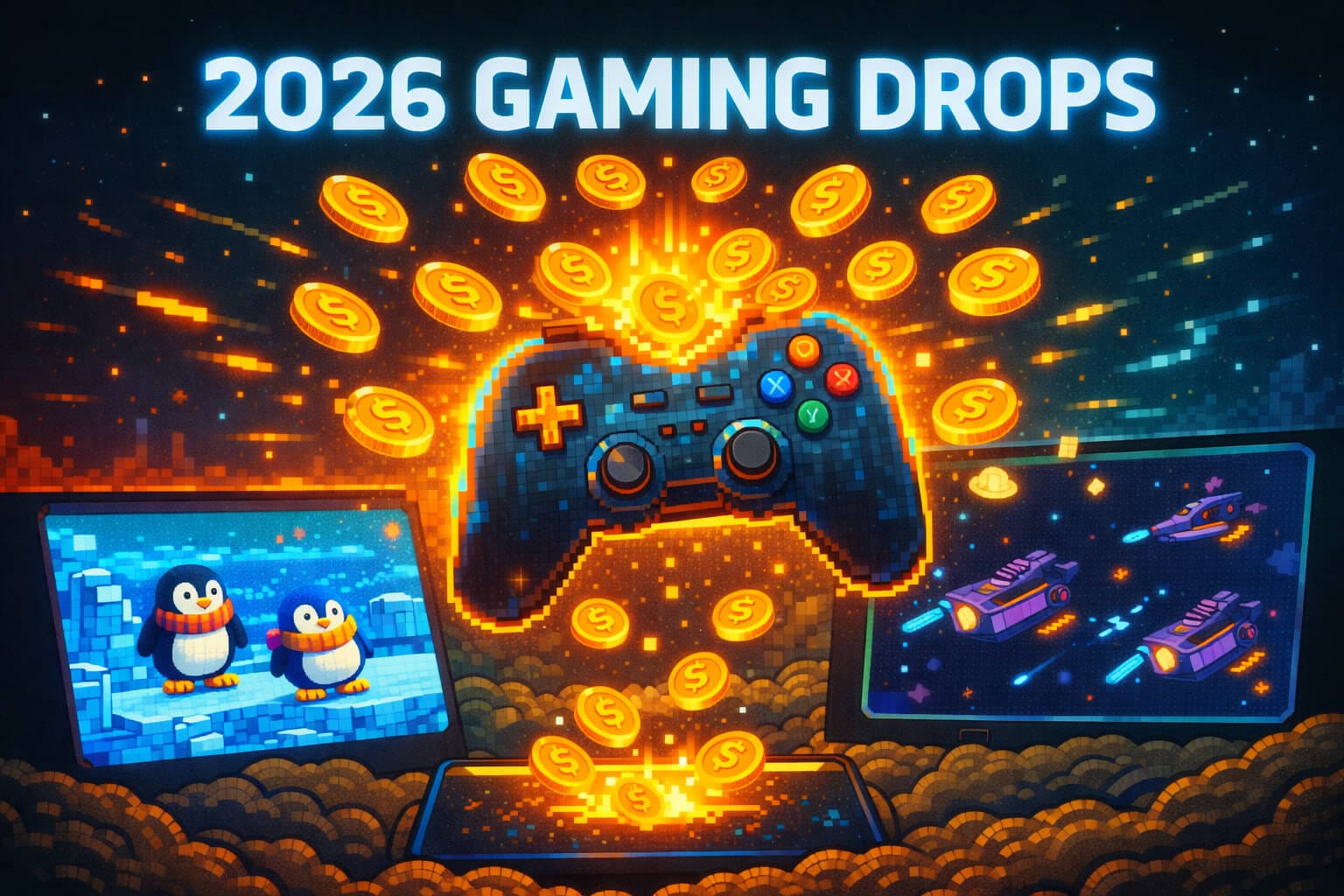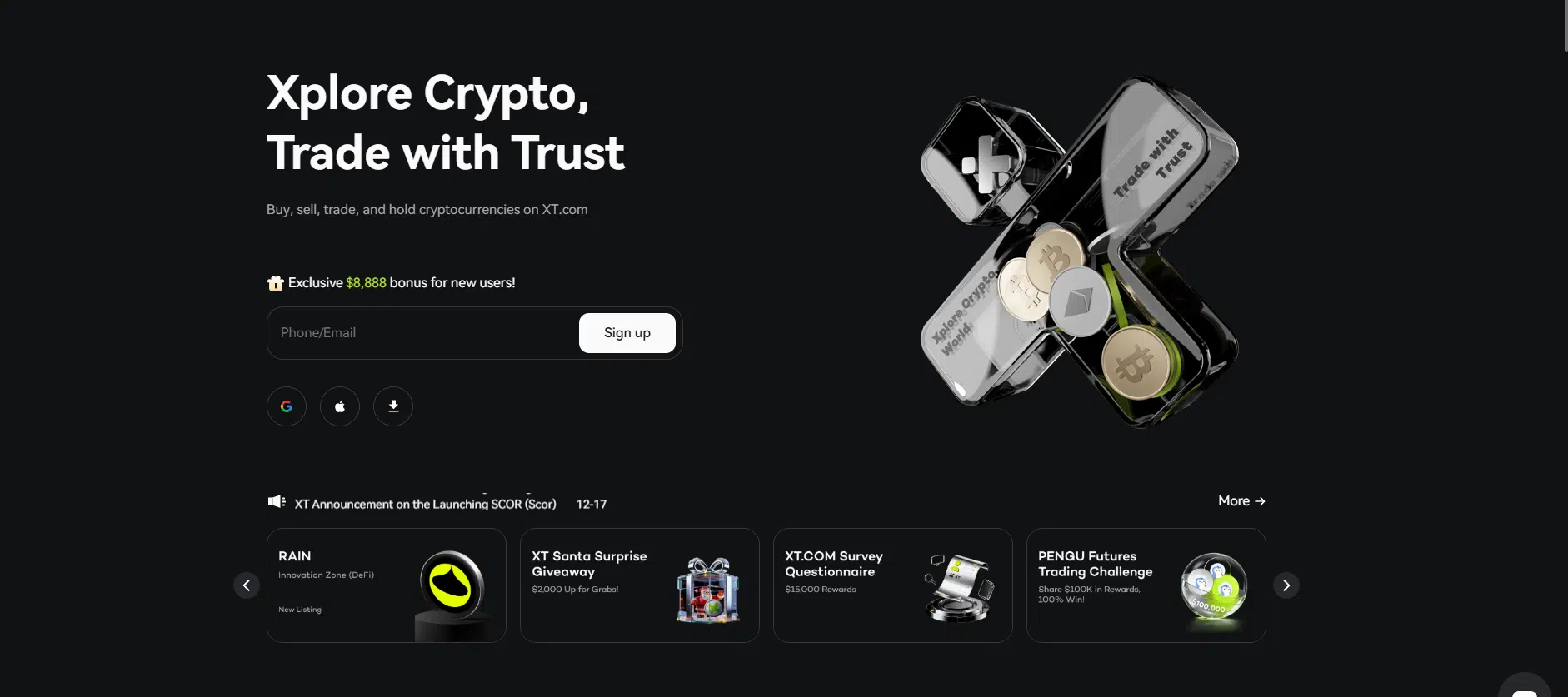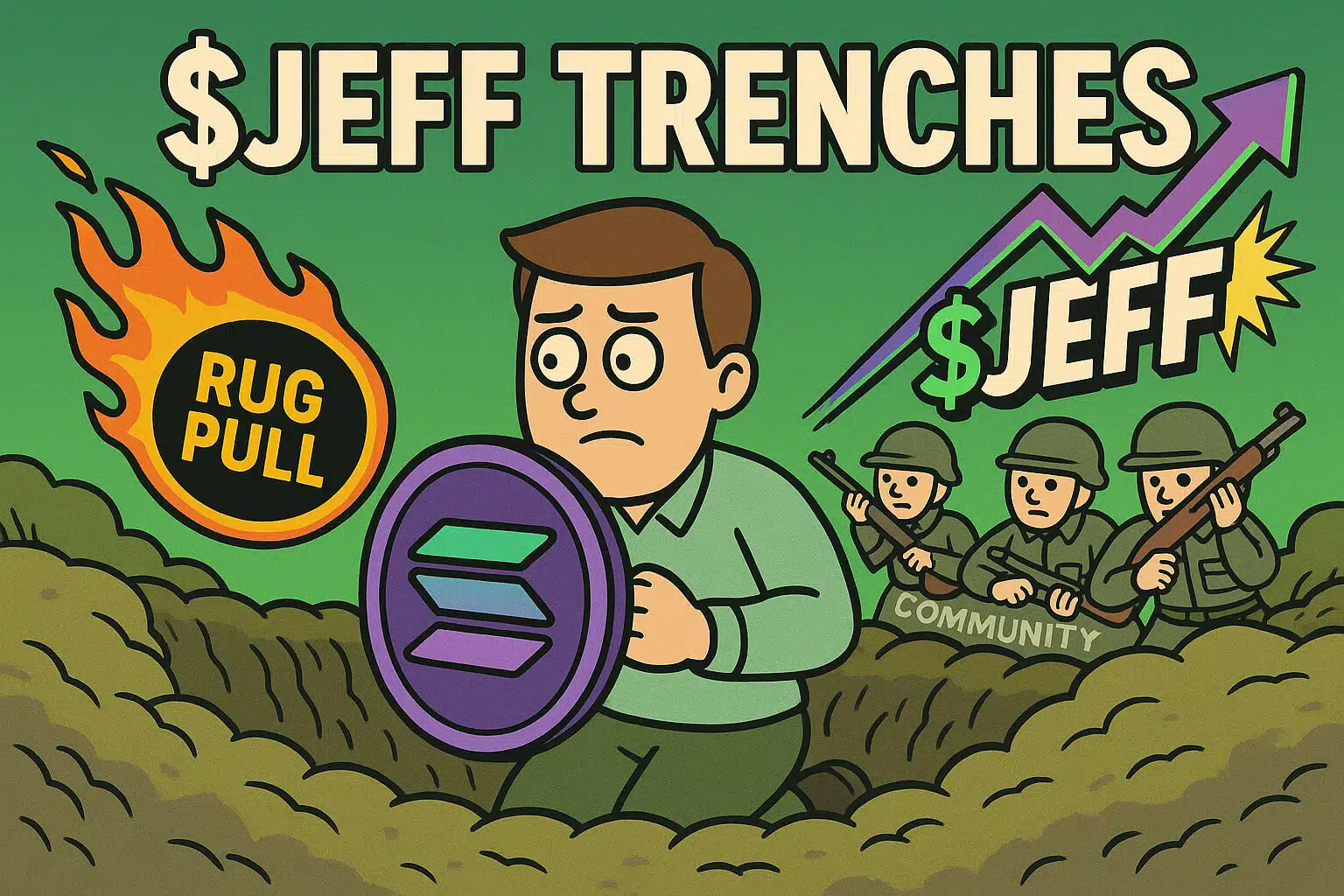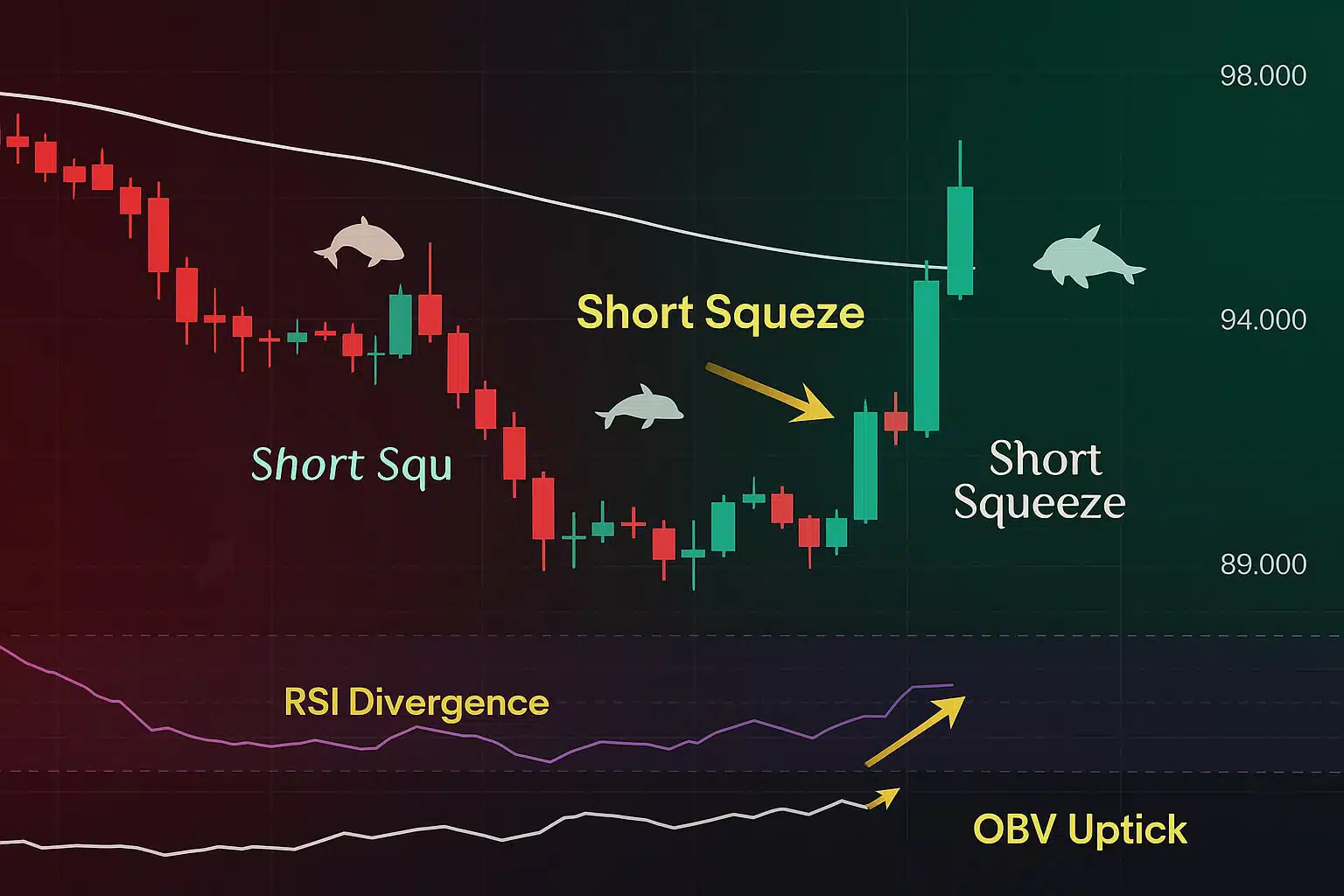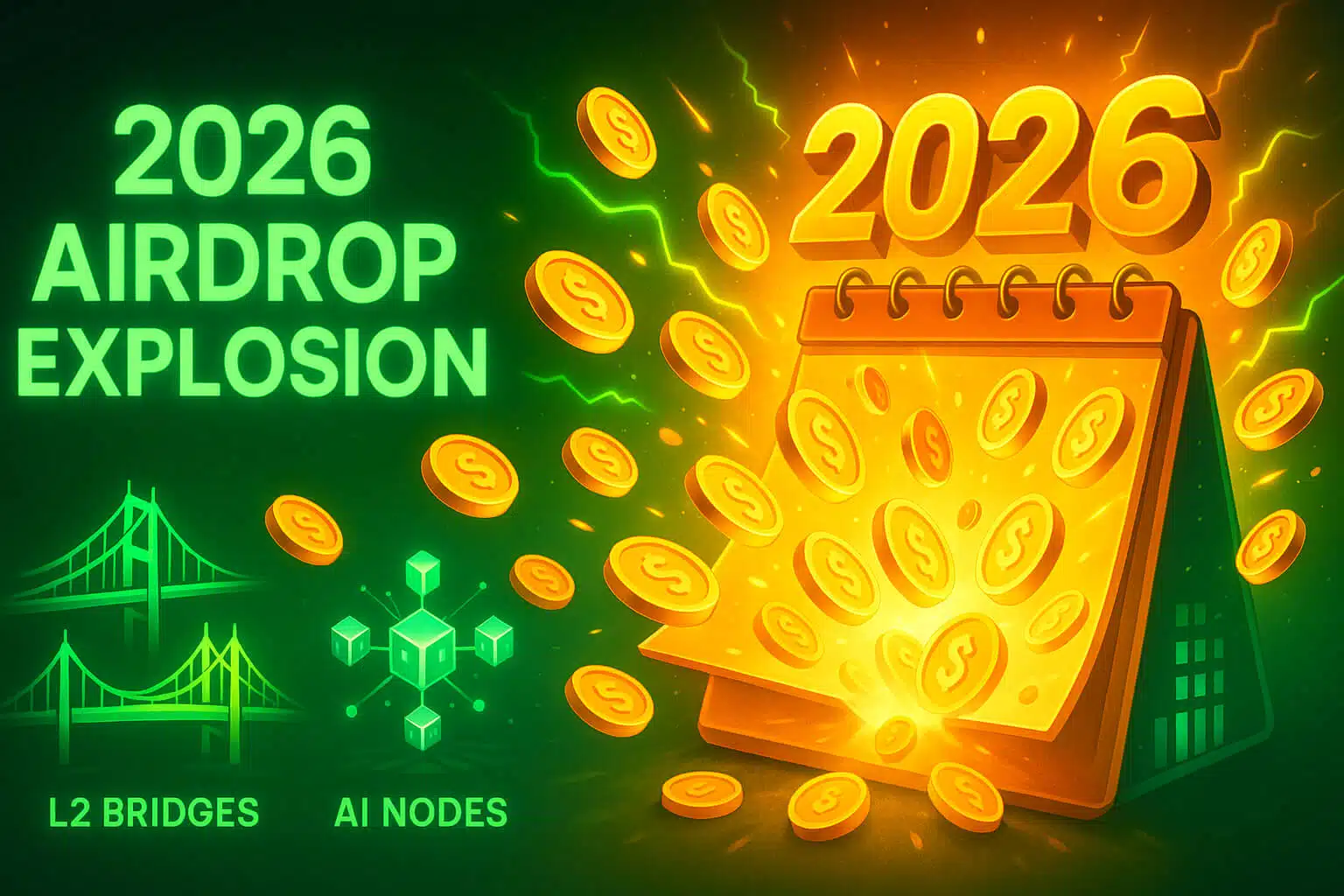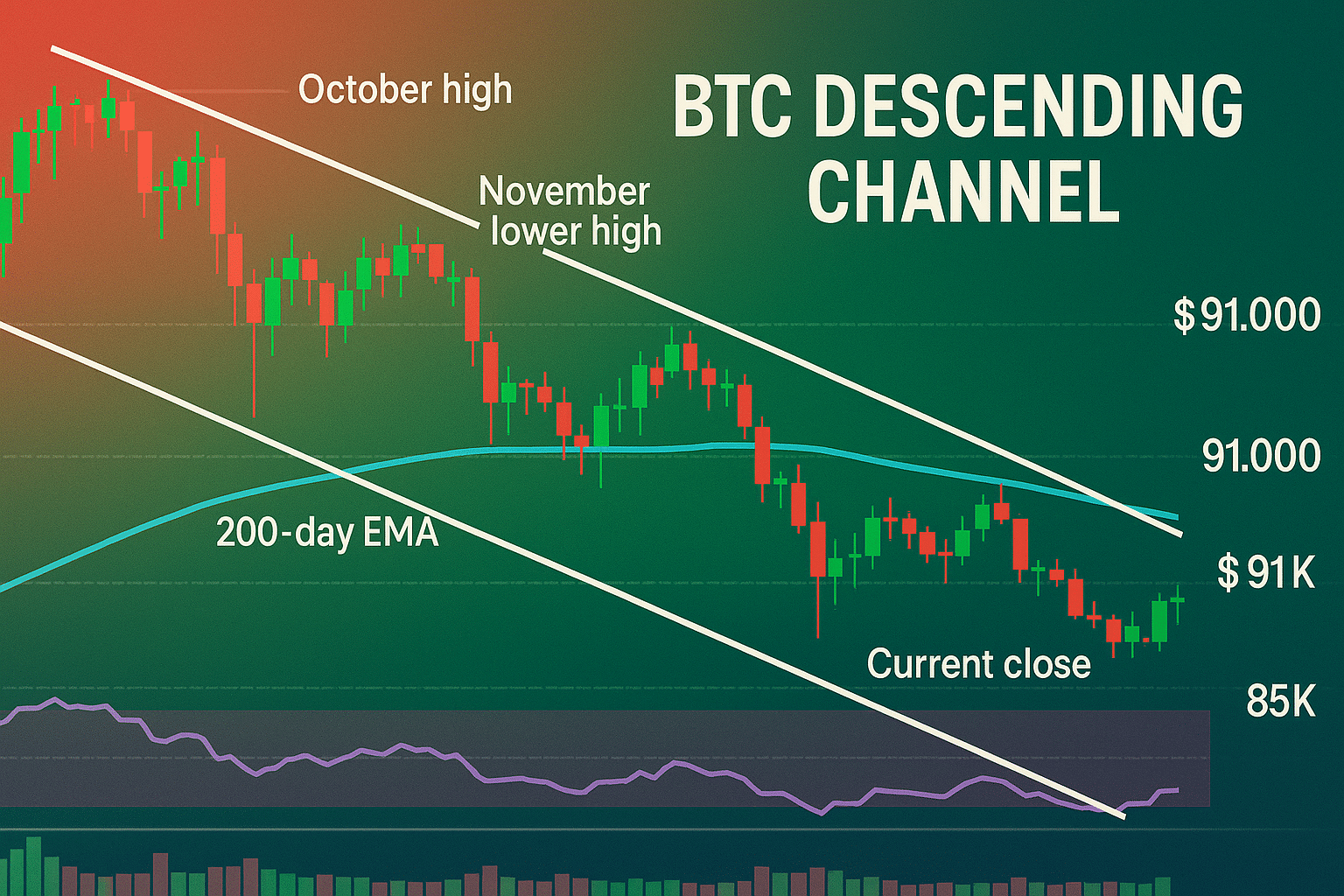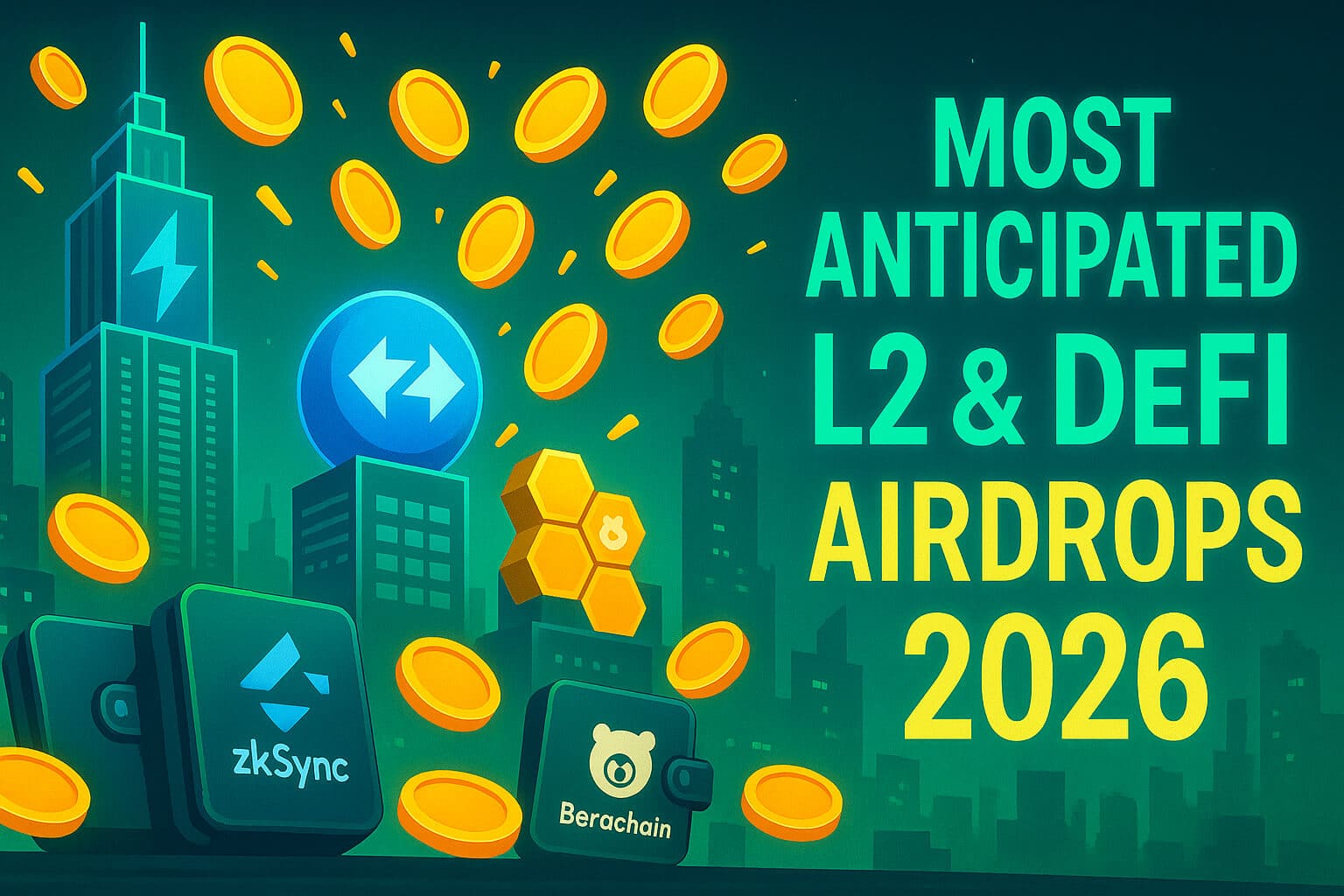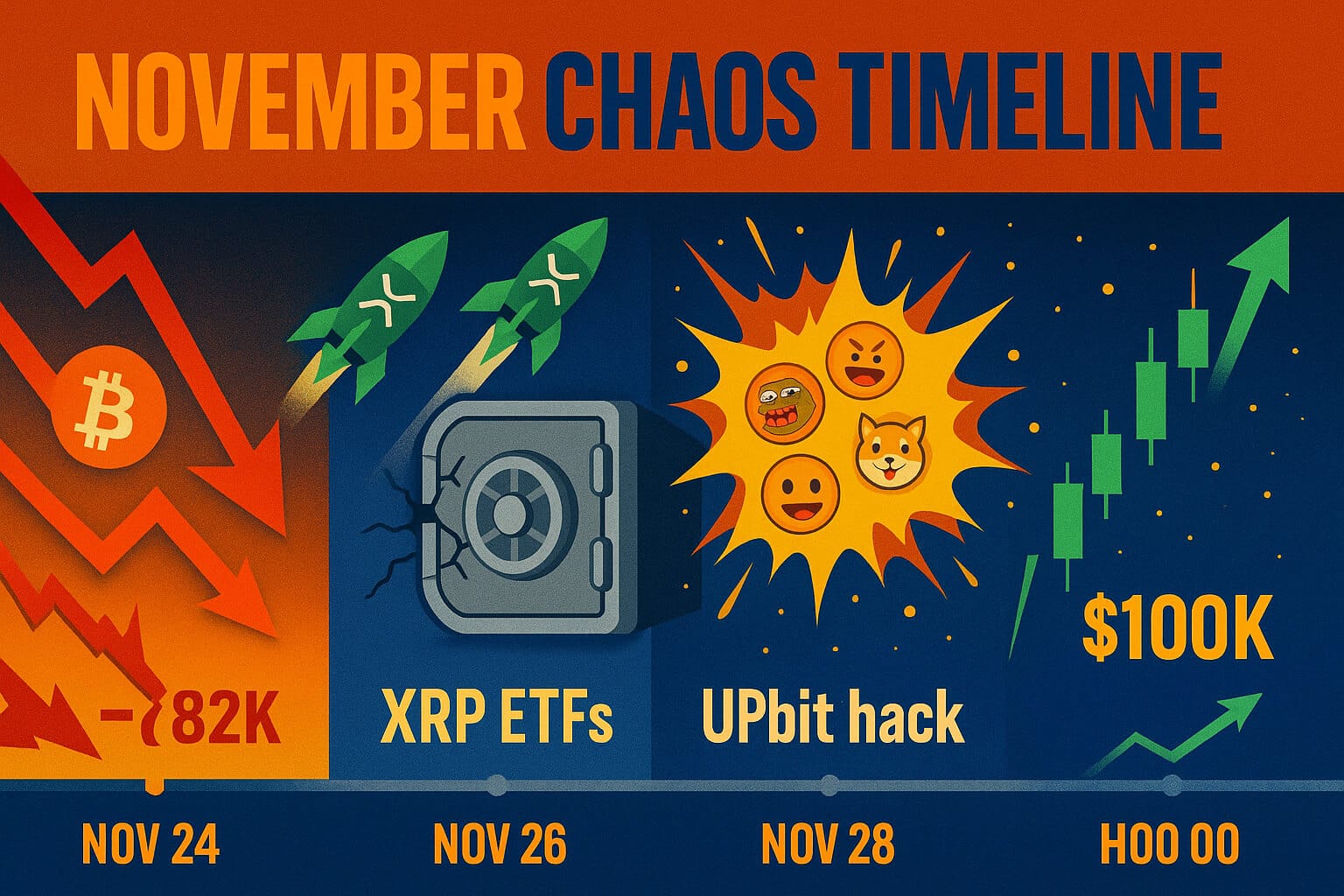1. Introduction to Blockchain in Healthcare
The healthcare industry faces significant challenges, from data breaches and inefficiencies to the complexity of managing patient information. As the sector strives to keep up with technological advancements, blockchain emerges as a transformative solution. But how can blockchain improve healthcare systems? By offering enhanced security, transparency, and efficiency, blockchain technology is set to revolutionize healthcare, ensuring better outcomes for both patients and providers.
2. The Core Benefits of Blockchain in Healthcare
Blockchain technology, originally designed for securing digital transactions in cryptocurrencies, has evolved into a powerful tool for various industries. Healthcare, in particular, stands to benefit from blockchain’s key features:
A. Enhanced Data Security and Privacy
In an era where medical data breaches are alarmingly common, blockchain offers a robust level of security. For example, in 2020, healthcare data breaches affected over 26 million individuals in the U.S. alone. Blockchain can significantly reduce this risk.
- Immutable Records: Once data is recorded on the blockchain, it cannot be altered or deleted. This ensures that medical records remain accurate and trustworthy.
- Decentralization: Blockchain stores data across a network of computers, eliminating single points of failure. This reduces the likelihood of data breaches.
- Encryption: Patient data is encrypted on the blockchain, so even if a breach occurs, the information remains secure and unreadable to unauthorized users.
B. Improved Data Interoperability and Accessibility
Healthcare systems often struggle with fragmented data stored in siloed databases. This fragmentation makes it difficult for providers to access comprehensive patient information. Blockchain can address this issue by offering a unified, decentralized platform where all relevant data is accessible in real-time.
- Unified Patient Records: Blockchain allows the creation of a single, comprehensive patient record. This record can be accessed by authorized healthcare providers across different institutions, ensuring that all medical professionals have the same, up-to-date information.
- Real-time Data Sharing: Healthcare providers can instantly access the latest patient information, improving the speed and accuracy of diagnoses and treatments. For instance, during emergencies, doctors can quickly obtain critical patient history without delays.
- Cross-border Data Exchange: Blockchain facilitates the secure sharing of medical data across international borders, ensuring continuity of care for patients traveling or relocating. This is particularly useful in regions where patients may receive treatment in different countries.
C. Streamlined Operations and Reduced Costs
Blockchain can significantly reduce administrative costs and operational inefficiencies in healthcare. By automating processes such as billing, insurance claims, and supply chain management, blockchain minimizes human error and speeds up transactions.
- Smart Contracts: Blockchain enables smart contracts—self-executing contracts with terms directly written into code. For example, smart contracts can automate insurance claims processing, reducing delays and human errors.
- Supply Chain Transparency: Blockchain can track the journey of medical supplies from manufacturer to patient. This ensures the authenticity and safety of pharmaceuticals and medical devices. An example is the MediLedger Project, which uses blockchain to track the drug supply chain, reducing counterfeit drugs.
- Fraud Prevention: By providing an immutable record of transactions, blockchain reduces the potential for fraud in billing and insurance claims. For instance, the use of blockchain could prevent fraudulent Medicare claims, which cost the U.S. government billions each year.
3. Real-World Applications of Blockchain in Healthcare
Severalhttps://freecoins24.io/how-blockchain-technology-is-impacting-digital-advertising/ healthcare organizations and startups are already exploring the potential of blockchain to transform the industry. Here are some key areas where blockchain is making a significant impact:
A. Electronic Health Records (EHRs)
Electronic Health Records (EHRs) are critical for modern healthcare, but their management is often plagued by inefficiencies and security concerns. Blockchain can create a secure, patient-centered EHR system where individuals have complete control over their data.
- Patient Ownership of Data: Patients can grant or revoke access to their health records as needed, ensuring privacy and control. For example, Estonia has implemented a blockchain-based eHealth system where citizens control who can access their medical data.
- Interoperable Health Records: Blockchain enables the seamless transfer of EHRs between different healthcare providers, reducing redundancies and ensuring accurate patient history. This could significantly improve patient outcomes by preventing errors due to incomplete medical records.
- Tamper-Proof Records: The immutable nature of blockchain ensures that EHRs cannot be altered, providing a trustworthy source of information for medical decisions.
B. Clinical Trials and Research
Blockchain’s transparency and immutability make it an ideal platform for managing clinical trial data and research findings.
- Data Integrity: Researchers can record and timestamp data on the blockchain, ensuring that it remains unaltered and traceable. This is critical in clinical trials, where data integrity can affect the validity of the results.
- Participant Consent: Blockchain can store and manage consent forms, providing a transparent and auditable record of participants’ consent to partake in clinical trials. For instance, the MIT Media Lab is exploring blockchain to improve the management of consent in clinical trials.
- Collaboration: Blockchain allows for the secure sharing of research data among institutions, promoting collaboration and accelerating medical advancements. For example, a consortium of European hospitals is using blockchain to share patient data for cancer research, ensuring that researchers have access to comprehensive datasets while protecting patient privacy.
C. Drug Supply Chain Management
The pharmaceutical industry faces significant challenges with counterfeit drugs and supply chain inefficiencies. Blockchain can provide a transparent, traceable supply chain, ensuring that patients receive genuine medications.
- Authenticity Verification: Blockchain can track each step of the drug manufacturing and distribution process, verifying the authenticity of medications before they reach the patient. For example, Pfizer is exploring blockchain to verify the authenticity of drugs in its supply chain.
- Recall Management: In the event of a drug recall, blockchain can quickly and accurately identify affected batches, minimizing harm to patients. This reduces the time and cost associated with recalls, ensuring that only the necessary drugs are removed from the market.
- Cost Reduction: By improving supply chain efficiency and reducing the need for intermediaries, blockchain can lower the overall cost of pharmaceuticals. For instance, blockchain could reduce the costs associated with drug recalls, which are estimated to cost the pharmaceutical industry millions each year.
![]()
4. Challenges and Considerations for Blockchain in Healthcare
While the potential benefits of blockchain in healthcare are significant, there are also challenges to consider:
- Scalability: Current blockchain networks may struggle to handle the vast amounts of data generated by healthcare systems. Ongoing advancements in blockchain technology, such as the development of more scalable solutions like sharding or layer 2 solutions, are critical for widespread adoption.
- Regulatory Compliance: Healthcare is a heavily regulated industry, and blockchain applications must comply with various laws and regulations, such as HIPAA in the United States. Ensuring that blockchain solutions meet these standards is essential. This means that developers need to work closely with regulatory bodies to create compliant solutions.
- Data Standardization: For blockchain to be effective in healthcare, there must be a standardized format for data across different systems and institutions. Achieving this level of standardization will require collaboration across the industry. Initiatives like HL7’s FHIR (Fast Healthcare Interoperability Resources) are a step in the right direction, but full interoperability remains a challenge.
5. The Future of Blockchain in Healthcare
The future of healthcare lies in technology that can securely and efficiently manage vast amounts of sensitive data. Blockchain is set to play a pivotal role in this transformation, offering solutions that enhance patient care, improve data management, and streamline operations. As more healthcare providers and organizations adopt blockchain technology, we can expect to see a more connected, transparent, and secure healthcare system that better serves patients and providers alike.
Blockchain in Healthcare: A Revolutionary Approach to Modern Medicine
Blockchain technology is poised to revolutionize healthcare systems by enhancing data security, improving interoperability, and streamlining operations. As the industry continues to explore and adopt blockchain solutions, the potential for improved patient outcomes and more efficient healthcare services is immense. The integration of blockchain into healthcare is not just a technological upgrade, it’s a step towards a more transparent, secure, and patient-centered future.
Stay Updated
For the latest updates on blockchain technology and its applications in healthcare, follow us on:
Stay informed with the latest strategies and insights in the world of cryptocurrency and blockchain at FreeCoins24.io.
Special Offer
Looking to explore the world of blockchain and its applications? Sign up on Bybit today and take advantage of up to $30,000 in deposit bonuses. Don’t miss out on the opportunity to engage with cutting-edge technology on a leading platform.
